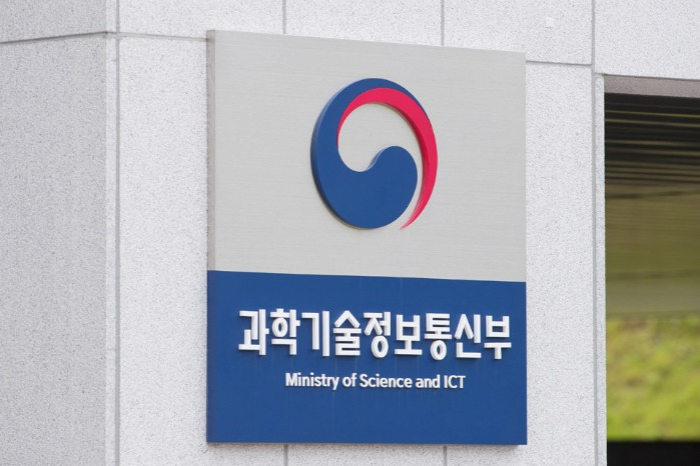South Korea has designated 100 core technologies to achieve carbon neutrality including heat pumps that retrieve heat from air and water, the green steel method of using hydrogen instead of coal to make steel products, and zero-energy buildings that use new and renewable energy sources.
The Ministry of Science and ICT on Friday held the seventh meeting of its committee on carbon neutrality technology to achieve the goal of zero emissions by 2050.
Participants discussed the nation's 100 core technologies for carbon neutrality, strategic roadmap for green technology innovation in sectors like steel, petrochemicals and cement; development of digital-based carbon footprint monitoring technology; and a comprehensive plan to expand carbon sinks, or anything that absorbs more carbon from the atmosphere than it emits.
The top 100 were carefully selected through discussions by 233 industry, academia and research experts.
A heat pump extracts heat from air and water to supply heat of over 150 degrees Celsius and ultra-low temperatures of minus 100 degrees required by industry. This technology is expected to replace heat sources that use fossil fuels.
The green steel method is a new technology that replaces coal used to melt iron ore with hydrogen, with commercial launch slated for 2030 after verification in stages.
The government will expand investment in carbon-neutral R&D centered on the 100 and reduce the period needed for preliminary feasibility studies.
Other strategies seek to innovate the country's top three CO2-emitting industries of steel, whose emissions reached 101.2 million tons as of 2018, petrochemicals 46.9 million tons and cement 34.1 million tons.
The goal in steel is to replace heat and raw materials used at blast and electric furnaces used to melt iron ore with hydrogen to slash the sector's electricity use 40% by 2030.
In petrochemicals, commercial use of the technology for producing eco-friendly bio raw materials is planned for 2030. In cement, the strategy is to use the low-carbon raw material non-carbonates to replace limestone, which emits a large amount of carbon.
Write to Jin-Won Kim at
jin1@hankyung.com






